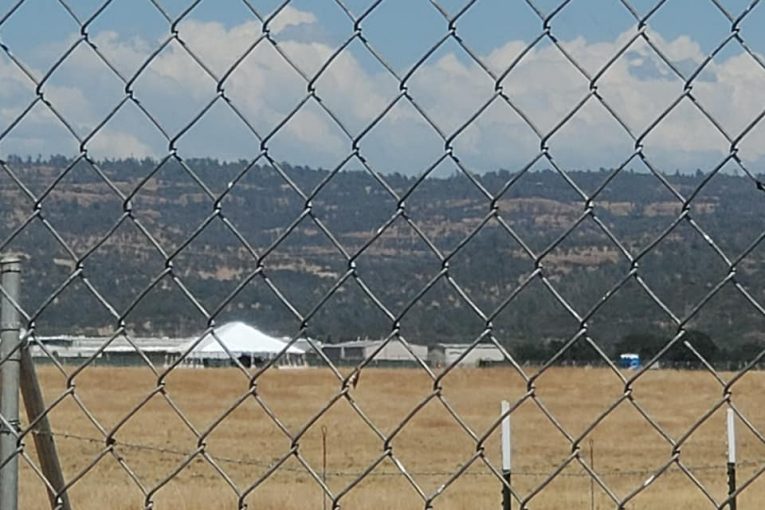

By Maia Surendra
CHICO, CA – The city of Chico has passed laws that required houseless people to relocate to a tarmac next to an airport runway outside of the city, an area that faces high temperatures, and is completely open to the elements as well as having no electricity or running water, according to the ACLU of Northern California.
Houseless people in Chico, CA, were forced to move here as a result of laws that did not permit them to sleep, sit or lie down on any public property, and to avoid being prosecuted or fined, houseless people in Chico would have to walk for 24 hours a day, said ACLU NorCal.
Legal Services of Northern California filed a lawsuit against the city of Chico for creating laws that prosecuted the houseless for sitting on any public property and forced them to relocate  to a tarmac. The ACLU also submitted a brief in support of the lawsuit.
to a tarmac. The ACLU also submitted a brief in support of the lawsuit.
And recently, a federal judge ruled that the laws Chico passed were unconstitutional, so with this ruling Chico can no longer enforce these laws.
Part of the reason why the laws passed in Chico are particularly concerning is because they echo California’s historical vagrancy laws, said the ACLU, noting that Black, Brown, and Indigenous people are disproportionately represented in Chico’s houseless community, and these laws were also meant to target those communities.
In the Legislature’s AB5 homelessness bill, there is a section called the Homeless Person’s Bill of Rights and Fairness Act. Section 2 addresses the history of discriminatory laws in the state of California. One of the examples they give is the Vagrancy laws, which are discriminatory because they criminalize a person based on their status rather than their behavior (California Legislative Information).
Many people in the city of Chico became houseless after the 2019 Camp Fire. The number of people experiencing houselessness in Chico jumped by 16 percentage points in 2019 and 23 percent of those who were unsheltered at the time said they were Camp Fire survivors, and that it was their first time being houseless. Fifteen percent said they had already been houseless before.
